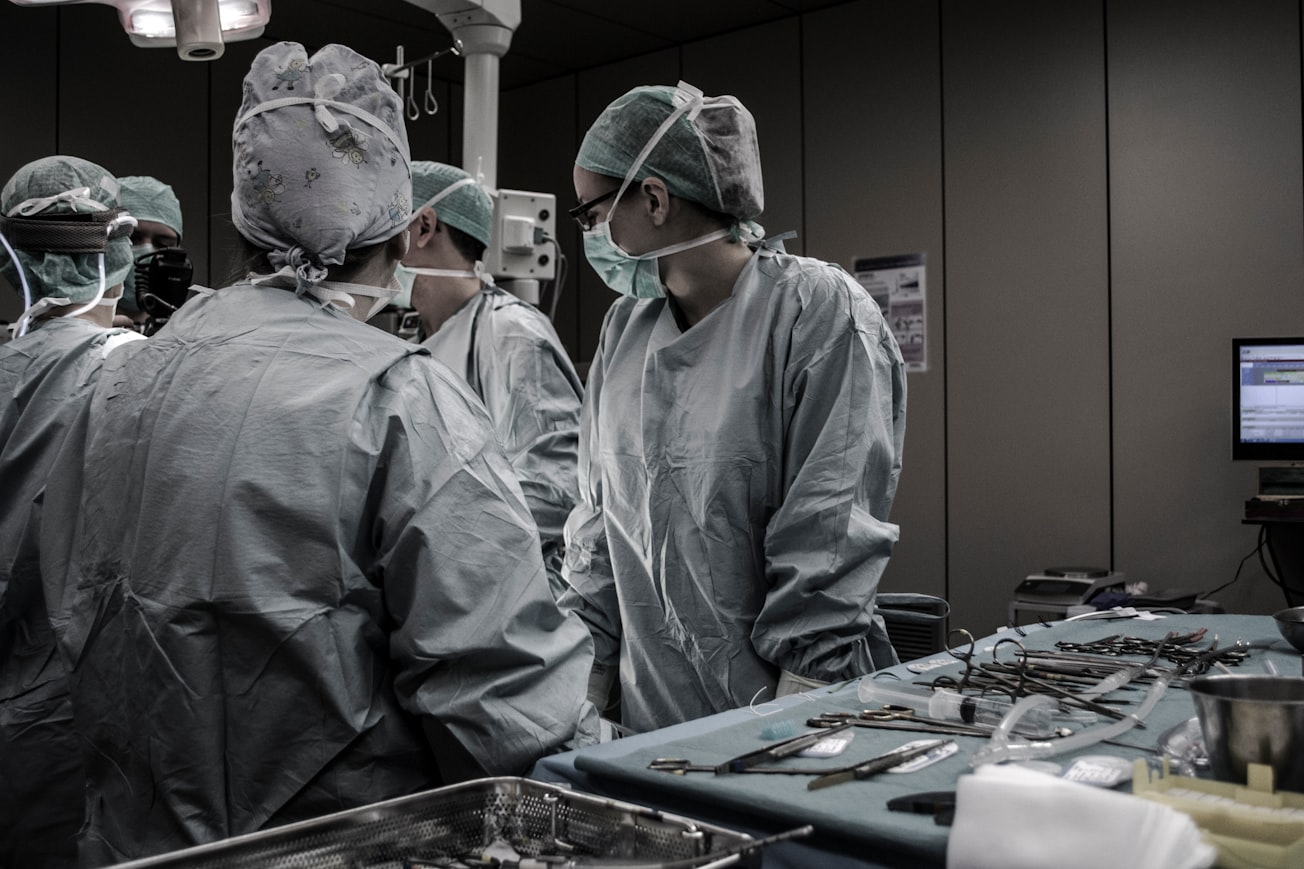What is it about?
This systematic review consolidates recent research about the roles of various healthcare professionals at the time of a potential organ donation. The impact of the patient's death and relationships between professional groups are explored.
Featured Image

Photo by Piron Guillaume on Unsplash
Why is it important?
While previous studies have each explored the role of and impact on a single staff groups, our consolidation draws these together to provide a description of the complex adaptive system that forms at this time. Thematic analysis contributed to the identification of stressors experienced within this system, and facilitated the identification of leverage points that could contribute to improved functioning of the system, and well-being of role players.
Perspectives
In addition to the features mentioned above, many of the sources included in the review had found that staff groups are united by the goal of providing care to the patient and their family. I believe that this is a key leverage point that justifies spending time on providing training that will assist staff to provide bereavement support (in addition to their other functions) to the patient's family. Healthcare professionals will find meaning in this aspect of family care, and it will assist them to deal with their own grief in response to their patient's death.
Sean Dicks
University of Canberra
Read the Original
This page is a summary of: Grief, Stress, Trauma, and Support During the Organ Donation Process, Transplantation Direct, January 2020, Wolters Kluwer Health,
DOI: 10.1097/txd.0000000000000957.
You can read the full text:
Contributors
The following have contributed to this page







